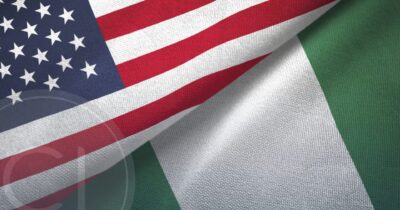

Africa’s wealth has been steadily rising, with recent reports by the New World Wealth estimating the continent’s investable wealth at $2.4 trillion. The number of millionaires in Africa is also projected to grow by 42% over the next decade. Among these high-net-worth individuals, Nigerians are especially conscious of the limitations posed by their passports and local conditions, prompting a strong desire for greater global mobility. Among them, the United States is a sought-after destination, representing unparalleled opportunities.
Indeed, the country remains a top choice for Nigerian investors seeking a stable, secure, and prosperous future for themselves and their families. Not only does the US offer world-class education at institutions like Harvard, Stanford, and MIT, it also provides access to the world’s largest economy, a diverse consumer base, reliable infrastructure, and high-quality private healthcare.
Given Nigeria’s consistently high visa rejection rates, investment-based immigration has become a strategic and increasingly popular solution. Among the available options, the EB-5 Immigrant Investor Program stands out as the most direct pathway for Nigerian investors to obtain U.S. residency.
Understanding the EB-5 Immigrant Investor Visa
On the other hand, the EB-5 Immigrant Investor Program, introduced by the US Congress in 1990, provides a direct pathway to permanent U.S. residency (Green Card) for foreign nationals who invest between $800,000 and $1.8 million in a qualified US commercial enterprise. The exact amount depends on whether the investment is made in a Targeted Employment Area (TEA). In addition to the capital requirement, the investment must create at least 10 full-time jobs for U.S. workers. Often referred to as the US “Golden Visa”, the EB-5 is open to all nationalities and includes Green Cards for the investor, their spouse, and unmarried children under 21. Unlike the E-2 visa, EB-5 leads to permanent residency and eventual citizenship after five years, provided investors maintain a physical presence in the U.S. and take on at least a policy-making or directorial role in the business.
For high-net-worth Nigerians, the EB-5 visa remains a strategic and long-term solution for US immigration. In 2023, 12 Nigerians were issued EB-5 visas, and demand has tripled over the past five years. Although each country is limited to 700 EB-5 visas annually, Nigeria has not yet approached this cap. However, countries that exceed the quota are placed into visa retrogression, facing long waiting lists. The application process can take four to five years, covering document gathering, petition filing, visa interviews, and the final removal of conditions. While the petition fee is $3,675, total government and legal fees can range from $50,000 to over $100,000, depending on the case’s complexity.
An alternative pathway
Apart from the EB-5 visa, investors can also consider the E-2 visa, this allows foreign nationals from treaty countries to live and work in the US by investing in and actively managing a US-based business. The E-2 visa is often seen as a more accessible alternative to the EB-5 visa, offering lower investment thresholds, typically from $150,000 and faster processing times. weeks. It is a non-immigrant visa, initially granted for two to five years with the possibility of indefinite renewals, as long as the business remains operational. Unlike the EB-5, it does not directly lead to a Green Card but allows the investor to live in the U.S. without a mandatory residency period or annual visa quotas.
To qualify, the investor must create at least five jobs for US workers and actively manage the business. Spouses are eligible for work permits, while dependent children can attend school but cannot work. Although the application process is relatively straightforward, E-2 visa holders may be subject to US taxes on global income depending on their residency status. Government filing fees start at $205, and overall legal and processing costs typically range from $10,000 to $20,000.
In contrast to the EB-5, which is directly accessible to Nigerian nationals and ideal for those focused on securing U.S. permanent residency and long-term settlement, the E-2 visa offers a faster and more cost-effective entry into the U.S. With investment thresholds starting at $100,000, it is attractive for entrepreneurs and business-minded investors seeking flexibility and quicker relocation. However, Nigeria does not currently have an E-2 treaty with the US, which means Nigerian citizens cannot apply directly. To navigate this, many Nigerian investors first obtain citizenship from an E-2 treaty country. This two-step approach is among the fastest and most flexible legal pathways to residency in the U.S.
This is where the Grenada Citizenship by Investment Program becomes a strategic solution. Launched in 2013, the programme grants irrevocable citizenship and visa-free access to the Schengen Area, the UK, China, and more. Crucially, Grenada is the only Caribbean nation with a CBI programme that maintains an E-2 treaty with the United States, enabling its citizens to apply for the E-2 Investor Visa. Grenadian citizenship is a valuable gateway for Nigerian investors seeking U.S. access without pursuing the more capital-intensive EB-5 route.
Take the first step with expert guidance
Demand for US residency among Nigerian investors continues to grow, fuelled by the desire for global mobility, long-term stability, and strategic wealth diversification.
Citizenship Invest offers personalised guidance to help you navigate the most effective pathways. Our experienced team is here to simplify the process and support your journey toward securing a prosperous future for you and your family.
Get in touch today to discover the best investment route to U.S. residency tailored to your goals.